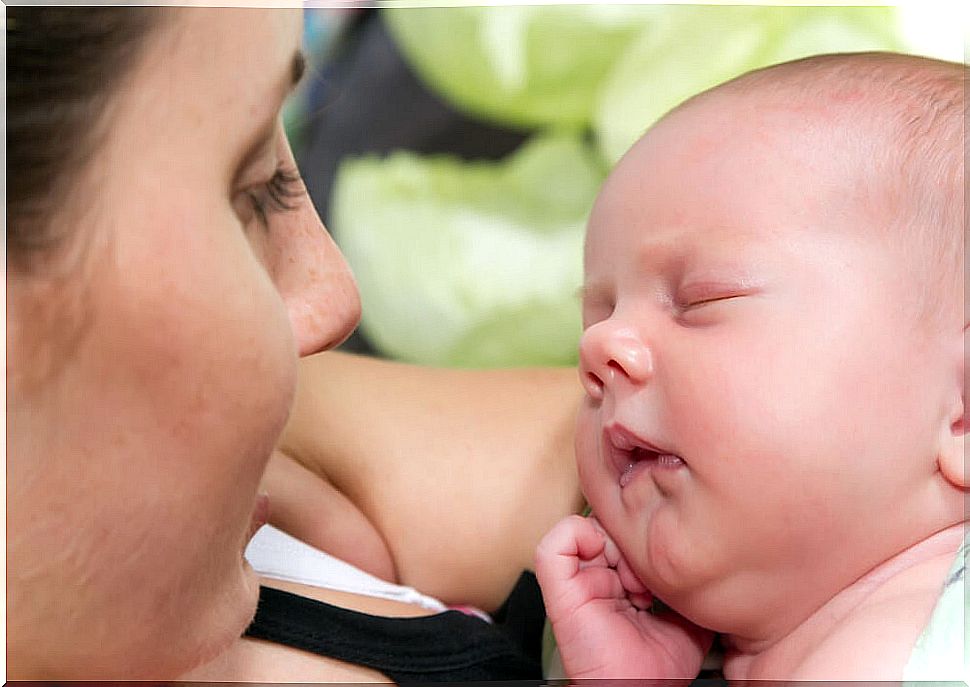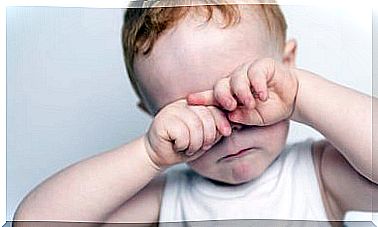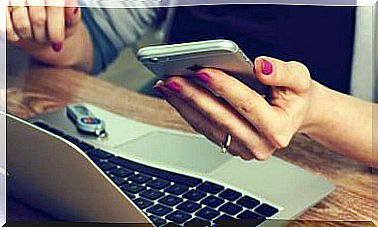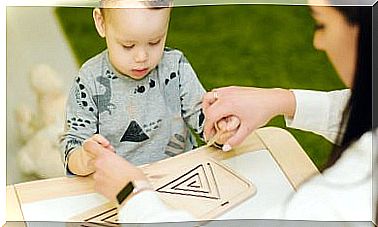What Does A Baby Need When Leaving The Hospital?
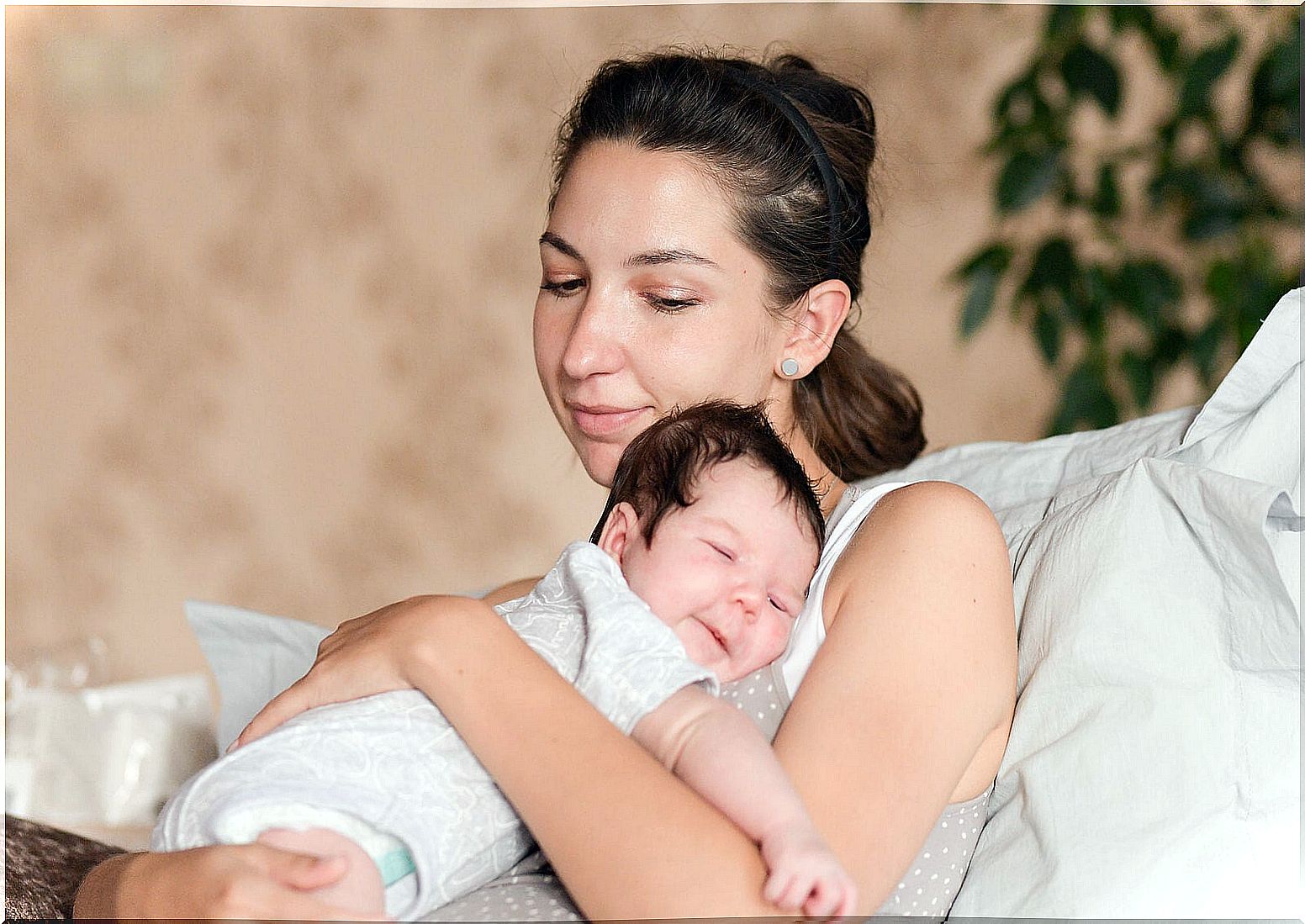
When a woman is pregnant, before giving birth, she thinks about everything she and her baby will need when they are in the hospital; in fact, she packs up for that beautiful moment days before. But what does a baby need when leaving the hospital? Just as it is important to know what a baby needs while in the hospital, it is also important to be very aware of what he or she needs when leaving the hospital.
When a baby is born healthy, he can go home to his parents sometime between 24 and 48 hours from birth. Some late preterm infants (born between 34 and 36 weeks gestation) may also be healthy enough to go home after 48 hours in the hospital.
Babies born by cesarean section (and their mothers) or babies with health complications may stay in the hospital a little longer. Infants born before 34 weeks gestation need longer hospital care. If your little one was born prematurely, you may feel nervous going home, but your doctor will give you advice before then for your peace of mind.
What does your baby need to get out of the hospital?
Many new parents take prenatal classes before their first baby is born. These classes help prepare for delivery and provide information on basic newborn care.

While each class is different, they generally include tips on eating, common illnesses, daily care, breastfeeding, and car seat safety. Before your baby is born, you have to decide who will give him regular and ongoing medical care, but when you leave the hospital, you should know a few things your child will need:
- A furnished bedroom for use at home. You will need to have everything you need to care for your baby, such as a dresser, a crib with a suitable mattress, video surveillance cameras, etc.
- A car cart. Suitable for your little one, comfortable and safe.
- Newborn clothes. It doesn’t have to be a lot because your baby will grow fast and change size soon.
- Diapers. Think about whether you want organic, cloth or normal diapers.
- Hygiene products for newborns. You will need baby gel and shampoo, a brush for the head, gauze pads, saline solution for the nose, a squeegee …
- Car seat approved for newborns (group 0). You can buy a chair that is evolutionary so that it lasts longer.
- The baby card they give you at the hospital. In this booklet, your baby’s data will come from birth: weight, height, anomalies, if any, etc.
- Soother. In the event that you have given your baby a pacifier, you can take it with you.
- Food products. If you are not going to feed your baby through breastfeeding, you will need some elements, such as bottles (better if they are anti-colic), bottle sterilizer, bottle cleaner, etc.
What do you have to remember when you get home?
It’s normal to feel nervous the first time you bring your baby home. Therefore, try to save this moment for yourself and your family, so that you can adapt to all the changes. And remember the following:
- New babies can easily get sick. Try to keep your little one away from anyone with cold or flu symptoms, especially in the winter months.
- Wash your hands often to help protect your child. Ask others to do the same.
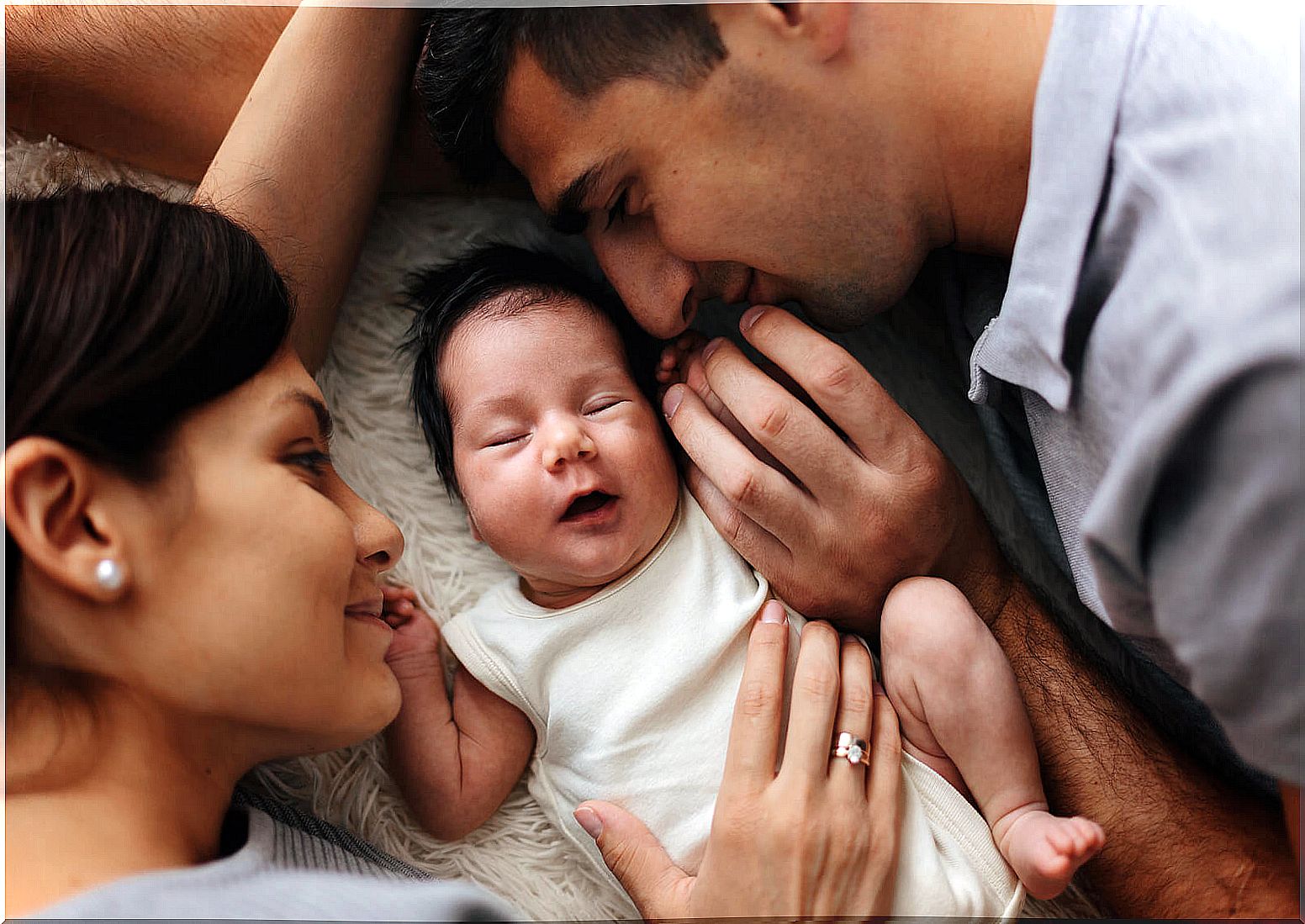
When do you have to take your baby for a first visit to the doctor?
A healthcare provider should check on your baby within the first 48-72 hours after leaving the hospital or at any time if you feel like your baby is not doing well.
If your baby was born premature, you will develop a follow-up care plan with your healthcare team before your little one leaves the hospital. They will also make sure you recognize the first signs or symptoms of any problem.
At the first visit, the doctor:
- It will weigh your baby, measure its length and the circumference of its head if it was not done before in the hospital.
- He will check for signs of jaundice.
- He will verify the type of feeding.
- Give you a physical health exam.
- He will ask you how you are all adapting
The exam can be performed by the doctor at the hospital where you gave birth, by your midwife, or by a public health nurse. It can be at home, in an outpatient clinic, or in a hospital clinic.
With this in mind, you can be well equipped so that you do not lack for anything when you take your baby home from the hospital. The transition can be scary, but it’s easier than you might think! What matters is that you are all okay.
